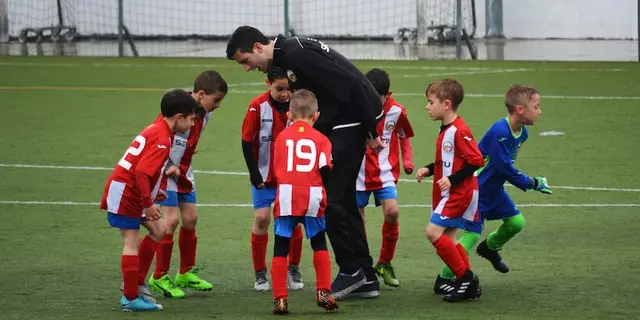Teamwork: The Real Game‑Changer for Any Sport
Ever watched a match where the whole squad seemed to move as one? That's not magic, it’s good teamwork. When players trust each other, communicate fast, and share the load, they turn ordinary effort into winning results. Whether it’s Arsenal hunting a new forward or a college football team chasing a playoff spot, the teams that click together always have the edge.
Why Teamwork Beats Raw Talent
Talent gets you noticed, but teamwork keeps you on the podium. A single star can score a goal, but a coordinated unit can create chances every minute. Look at the Houston teams that struggle for championships – they have big names, yet their lack of cohesion often leads to early exits. In contrast, clubs that emphasize collaborative drills, like the Brazilian clubs thriving on constant passing, dominate because each player knows his role.
Another good example is the rivalry between Los Angeles’ NFL teams. The Rams and Chargers both draw huge crowds, but the side that gels off the field usually pulls ahead in close games. It’s not about who has the louder fan base; it’s about who can trust a teammate to make the right play when the clock’s ticking.
Practical Ways to Build Stronger Team Dynamics
1. Talk It Out – Simple, quick huddles before each half keep everyone on the same page. A 30‑second check‑in can spot a weak spot and fix it before it costs a point.
2. Share the Spotlight – Celebrate every assist, not just the goal scorer. When a player feels valued for his contribution, he’ll work harder for the group.
3. Rotate Roles – Let players try different positions during practice. Understanding what a teammate faces on the field builds empathy and smoother transitions during games.
4. Set Mini‑Goals – Break the big match into small, measurable targets: “Win the first ten minutes”, “Force three turnovers”. Hitting these bite‑size goals boosts confidence and creates momentum.
5. Review Together – After every match, watch highlights as a unit. Point out what worked, not just what went wrong. This shared analysis turns mistakes into learning moments rather than blame.
Applying these habits doesn’t require a pro coach or a fancy gym. Even a local school team in Japan or South Korea can adopt quick huddles and role swaps to lift their performance. The key is consistency – make teamwork a habit, not an after‑thought.
When you start treating your squad like a single organism, the results speak for themselves: tighter defense, smarter attacks, and that extra spark that turns a good game into a memorable win. So next time you lace up your boots or step onto the court, ask yourself: “How can I help the team succeed today?” That question alone sets the tone for real, lasting teamwork.
In my exploration of football (or soccer as it's known in some parts), it's undeniably a team sport. The game revolves around coordination, support and strategy between players, with each one having a specific role to play. No player, no matter how talented, can win a match singlehandedly. The beauty of football lies in the collective effort of the team, where success is shared and failure is a collective learning experience. In essence, football embodies the spirit of unity and teamwork like no other sport.
View Details

